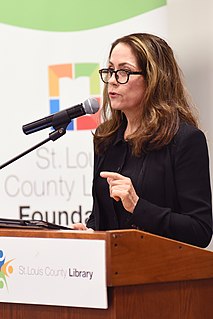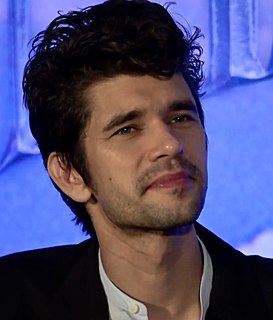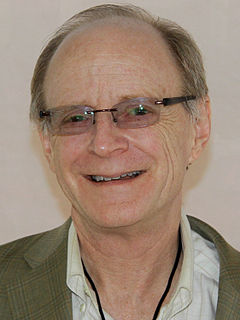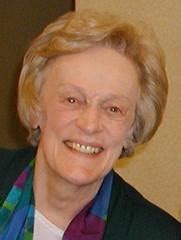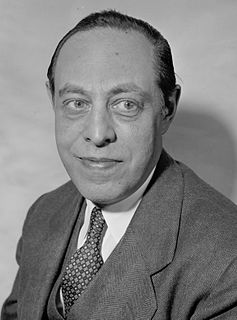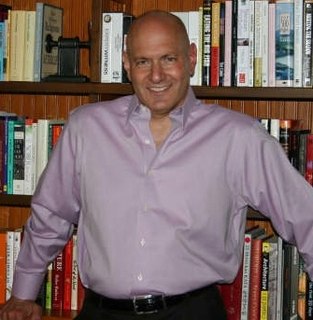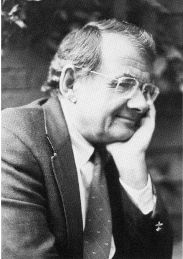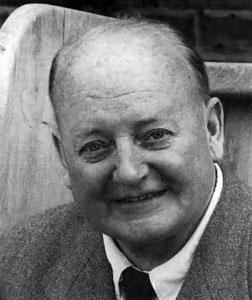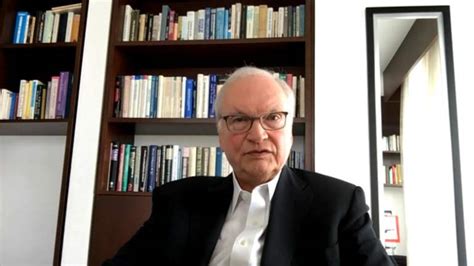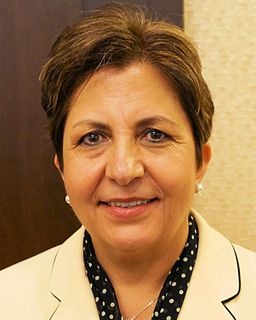A Quote by Peter Breggin
I would like to write my next book about what happened to critical intelligence in America and how it's been undermined by these really shallow ideas about human life and nature.
Related Quotes
I have a whole section of a filing cabinet in my office full of ideas. Some are ideas for books or articles I want to write. One is a romantic comedy; one's about my dad's life. I've also got ideas for books on moral relativism as well as democracy and human nature. There's also a really cool concept for a spy novel.
Over the next four days, I want you to write about your deepest emotions and thoughts about the most upsetting experience in your life. Really let go and explore your feelings and thoughts about it. In your writing, you might tie this experience to your childhood, your relationship with your parents, people you have loved or love now or even your career. How is this experience related to who you would like to become, who you have been in the past, or who you are now?.
When I see an entire community disenfranchised, it disturbs me. Not that I'm a message guy, per se. I write about people. I like to write about human beings, not crap political rhetoric. I've tried to avoid that all my life. When I wrote about soldiers in Vietnam, I wasn't trying to make a political statement. I was trying to write about how screwed things were for soldiers, and how they still are.
I think if I were reading to a grandchild, I might read Tolstoy's War and Peace. They would learn about Russia, they would learn about history, they would learn about human nature. They would learn about, "Can the individual make a difference or is it great forces?" Tolstoy is always battling with those large issues. Mostly, a whole world would come alive for them through that book.


